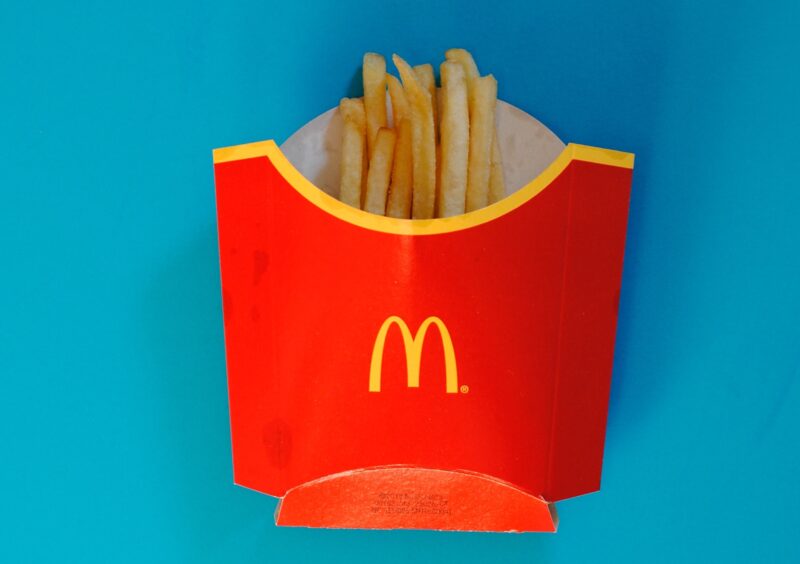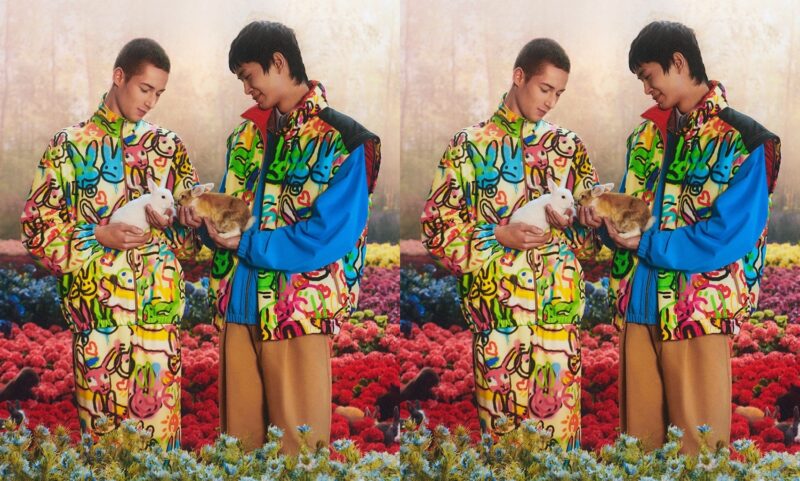European luxury conglomerate LVMH outlined its determination in continuing to condemn the duty-free Daigou trade at the end of January, even though this move has already triggered a 3% downturn in its perfumes and cosmetics net profit last year with further slowdowns looming.
Daigou is a Chinese term for an individual purchasing commodities outside China for consumers at home while making a profit due to the country’s high import tariffs, and has now developed into a booming industry. Since it started in 2005, Daigou has been highly favoured by Chinese consumers, especially when it comes to luxury products and cosmetics goods by foreign brands. The market share of Daigou in China garnered a whopping 75 billion RMB ($11.16 billion) in 2014, representing almost half of the luxury storefront sales nationwide.
According to the 2022 financial results published by LVMH, its total revenue witnessed a 23% yearly increase, with the perfumes and cosmetics sector growing by 17%, becoming the driving force of the conglomerate’s business. China has a great appetite for luxury goods and the demand for Daigou is particularly high in the beauty and cosmetics markets.
This move by LVMH may bring a downturn in its sales, and as such, the Chief Financial Officer of LVMH, Jean Jacques Guiony referred to this decision as “costly and a challenge, while a right move over time will keep our brands attractive.”
There are two explanations as to how this Daigou crackdown has come to be. First and foremost, on China’s e-retailer Taobao, product prices of high-end beauty brands showcased noticeable differences between the boutique display and Daigou’s channel, with the latter being much cheaper.
Additionally, Daigou shoppers have a bad reputation for hoarding and stockpiling goods in large quantities, infuriating local consumers because of the shortage of products. Some surrogate buyers even sell defective cosmetics for profit which largely damages the brand’s image and results in poor user experiences.
Despite the above, Jean Jacques Guiony expressed optimism towards the Chinese market regarding its sales in future and the country’s ongoing retail market rebound. In fact, he believes that slamming Daigou will not actually hit the conglomerate’s sales sharply, “local consumers now have more options to purchase high-end products in mainland China than before”, like the bourgeoning duty-free market in Hainan.









